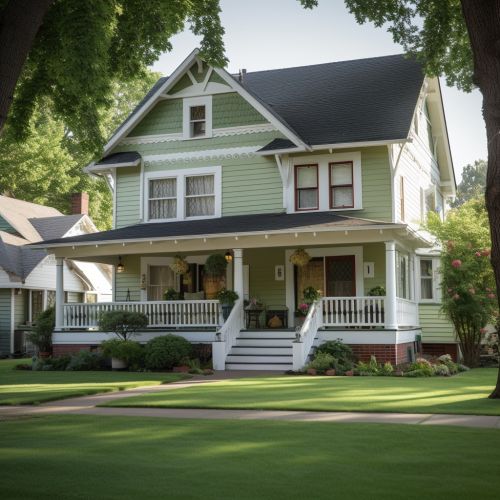Bill Clinton
Early Life
William Jefferson Clinton was born on August 19, 1946, in Hope, Arkansas. His father, William Jefferson Blythe Jr., was a traveling salesman who died in a car accident three months before Clinton was born. His mother, Virginia Cassidy Blythe, later married Roger Clinton Sr., and the family moved to Hot Springs, Arkansas. Clinton's early life was marked by a tumultuous family environment, but he excelled academically and showed an early interest in politics.


Education
Clinton attended Hot Springs High School, where he was an active student leader and musician. He then attended Georgetown University, where he graduated with a Bachelor of Science in Foreign Service in 1968. During his time at Georgetown, Clinton interned for Senator J. William Fulbright, chairman of the Senate Foreign Relations Committee. This experience sparked his interest in international affairs and public service.
After Georgetown, Clinton won a Rhodes Scholarship to study at University College, Oxford. He did not complete a degree at Oxford, but his time there had a profound influence on his worldview. He then attended Yale Law School, where he met his future wife, Hillary Rodham. He graduated from Yale with a Juris Doctor degree in 1973.
Political Career
Clinton began his political career in Arkansas. He served as the Attorney General of Arkansas from 1977 to 1979, and then as the Governor of Arkansas from 1979 to 1981 and again from 1983 to 1992. His tenure as governor was marked by significant educational reform and economic development in the state.
In 1992, Clinton ran for President of the United States as a Democrat. He won the election, defeating incumbent President George H.W. Bush and independent candidate Ross Perot. Clinton was inaugurated as the 42nd President of the United States on January 20, 1993.
Presidency
During his presidency, Clinton presided over the longest period of peacetime economic expansion in American history. He signed into law the North American Free Trade Agreement (NAFTA), the Family and Medical Leave Act, and the Brady Bill. He also implemented the "Don't Ask, Don't Tell" policy in the military, which was later repealed.
Clinton's presidency was also marked by several controversies, including the Whitewater scandal, the Monica Lewinsky scandal, and his impeachment by the House of Representatives in 1998. Despite these controversies, Clinton left office with a high approval rating and is generally ranked favorably in historical rankings of U.S. presidents.
Post-Presidency
After leaving office, Clinton established the Clinton Foundation, which focuses on issues such as global health and climate change. He has also been involved in various humanitarian efforts, including relief work after the 2004 Indian Ocean tsunami and the 2010 Haiti earthquake.
Clinton has remained active in Democratic Party politics, campaigning for various candidates, including his wife, Hillary Clinton, during her 2008 and 2016 presidential campaigns.
Legacy
Clinton's legacy is a subject of ongoing debate. His supporters point to his economic policies and his efforts to modernize the Democratic Party. His critics, however, argue that his presidency was marred by scandal and that his policies contributed to economic inequality and the financial crisis of 2008.
